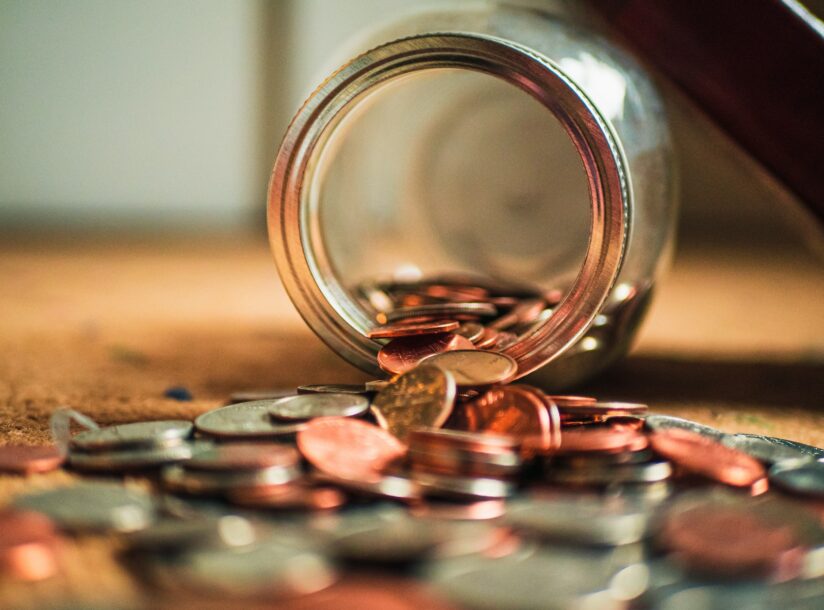Does Bankruptcy Eliminate Tax Debt in Canada?

Our team of certified debt advisors are contacted all the time by individuals and small business owners who are looking for a solution to help them deal with tax debts that they’re unable to pay back to the Canada Revenue Agency (CRA).
These debts may include GST, payroll, and interest and penalties. If you or your small business are left owing a large amount of income tax to the CRA, you have options to help you eliminate these tax debts, including a consumer proposal or bankruptcy.
Consumer Proposals vs. Bankruptcy and CRA Debt
An increasingly popular alternative to declaring bankruptcy is filing a consumer proposal which allows you to settle your debts with your creditors, including the CRA, for a fraction of the amount you’re owing. With a consumer proposal, your assets are also protected, and the interest stops.
If you want to settle your CRA and government debts for less than the entire amount that you’re owing, filing a Consumer Proposal is the only process in Canada that allows you to do this—other than filing for personal bankruptcy. Both options can only be filed by a Licensed Insolvency Trustee (formally known as a Bankruptcy Trustee).
It’s also important to note that to move forward with a consumer proposal (or any other insolvency proceeding), you must first file all your taxes so that the CRA can properly assess what you’re owing to them.
If, after speaking with a Licensed Insolvency Trustee, a consumer proposal is not a viable option for you and your current financial situation, then bankruptcy is also an option you have to eliminate your CRA debt. When you file for bankruptcy, you are provided relief from your CRA debt along with relief from all other unsecured debts.
Types of Canada Revenue Agency Debt That Can be Forgiven
The following types of Canada Revenue Agency-related debts can be included in a consumer proposal or a bankruptcy. These debts will be treated like any other type of unsecured debt such as credit card or payday loan debts. They will be settled with the CRA at a reduced amount without interest, or in some cases they will be completely forgiven:
- Income tax debt
- GST/HST Credit and Canada Child Benefit overpayments
- Business GST/HST debt
- Interest and penalties
What Can Happen if I Don’t Pay my CRA Debt?
If you’re unable to pay your CRA debts in full, the CRA is completely within their rights to do the following:
- Freeze your bank accounts
- Garnish your wages (employment or self-employment earnings), CPP, OAS, and EI benefits
- Register a lien on your property
- Charge compounding interest (daily!)
- Charge penalties for late-filed tax returns
If you are looking to consolidate your tax debt in a consumer proposal or write-off tax debt in a personal bankruptcy, the first step is to book a free consultation with a Licensed Insolvency Trustee. They will walk you through your options, answer any questions you have, and help you determine the best solution is for you and your financial situation.
Licensed Insolvency Trustees are the only debt professionals who are authorized by the Federal government to help consumers manage their CRA debts and other unsecured debts. When you work with a Licensed Insolvency Trustee (LIT), you can be certain that you’re receiving debt advice from a fully qualified, reputable professional. You’re also guaranteed the benefits and protection of your consumer rights and transparency throughout the process that you only get when you work with a LIT.
If you’re dealing with tax debt, or any other type of debt, don’t wait another day. There are solutions and our team is here to help. Give us a call at 1-888-751-2668 or book a consultation with our tax debt expert directly now.


